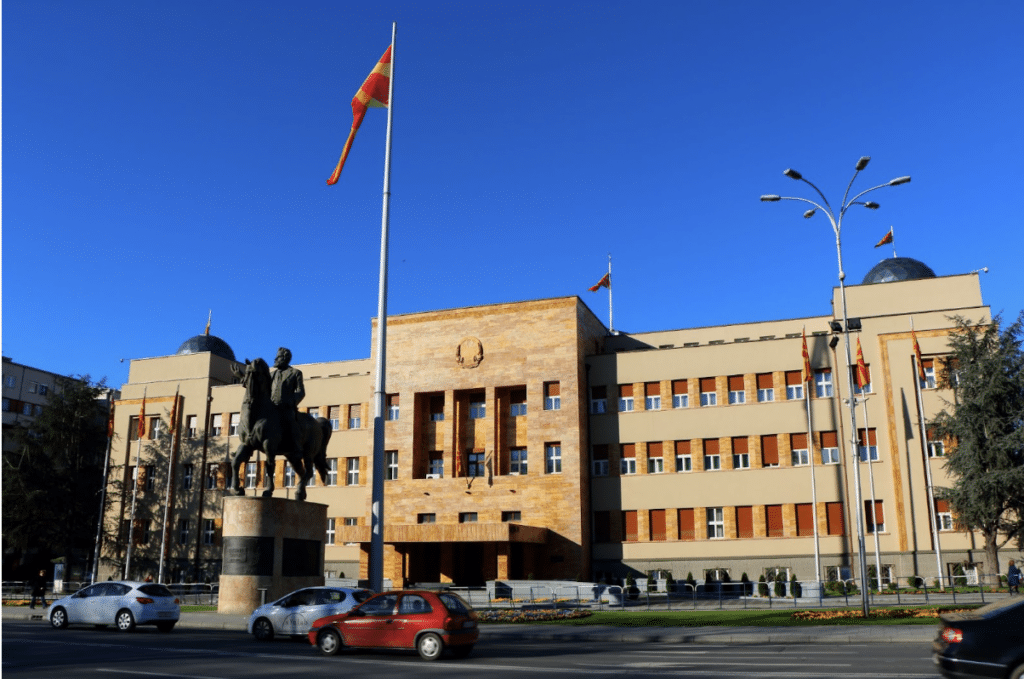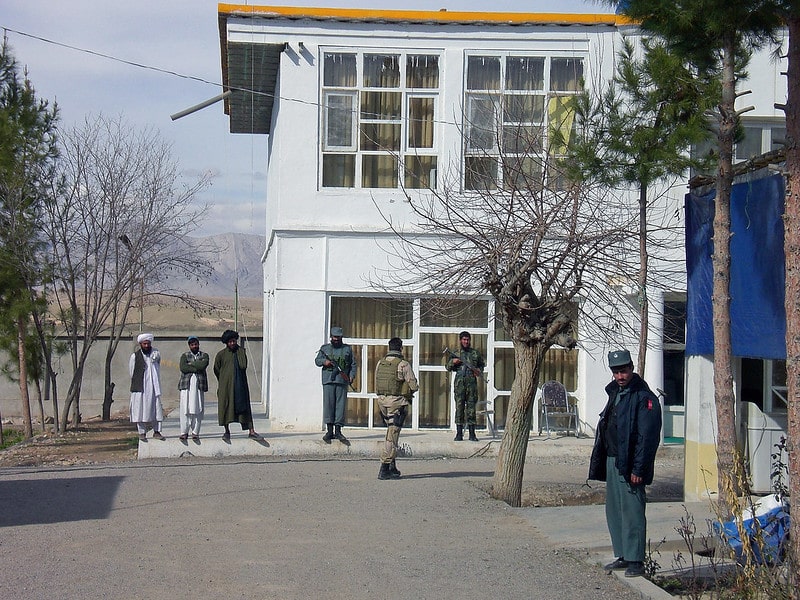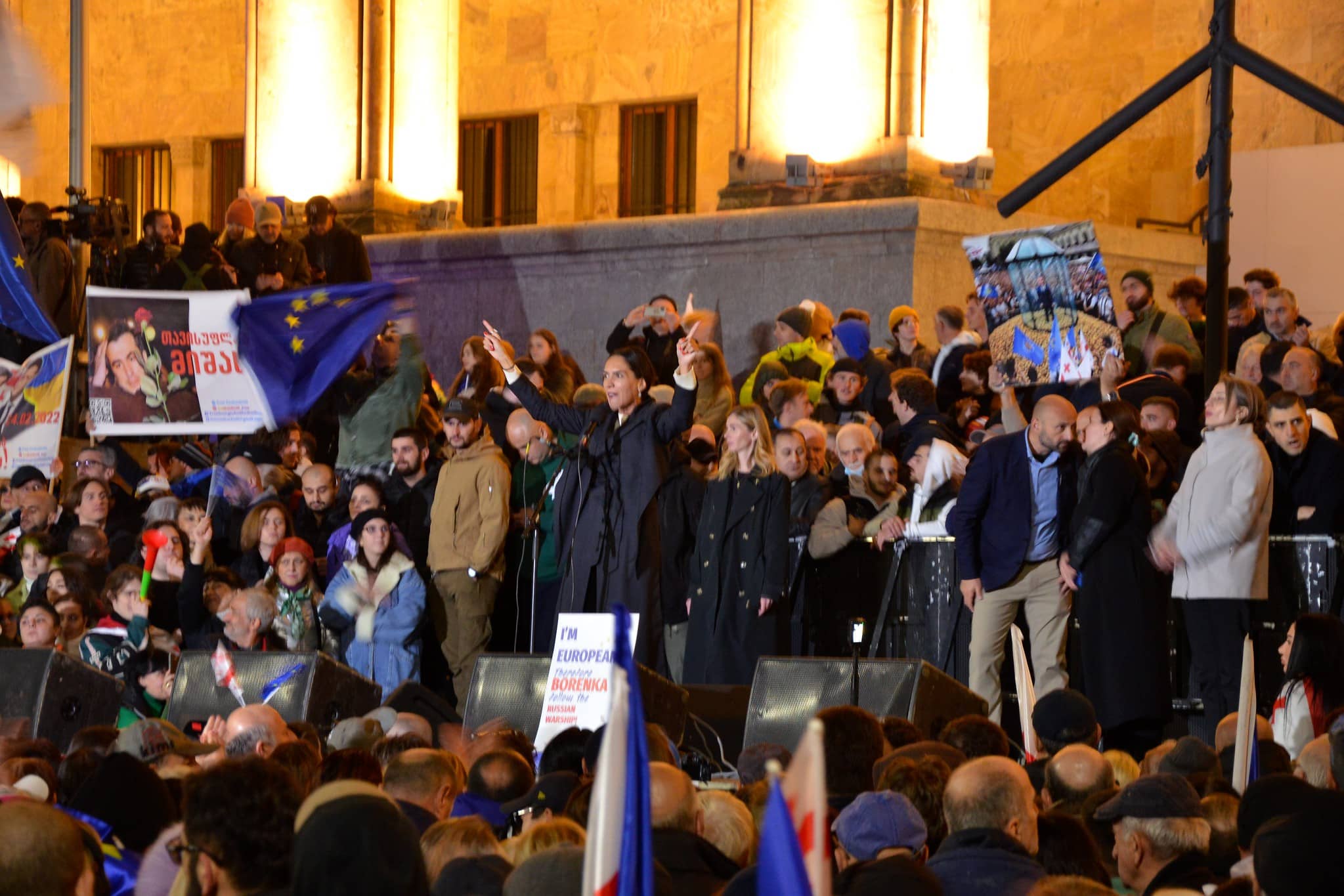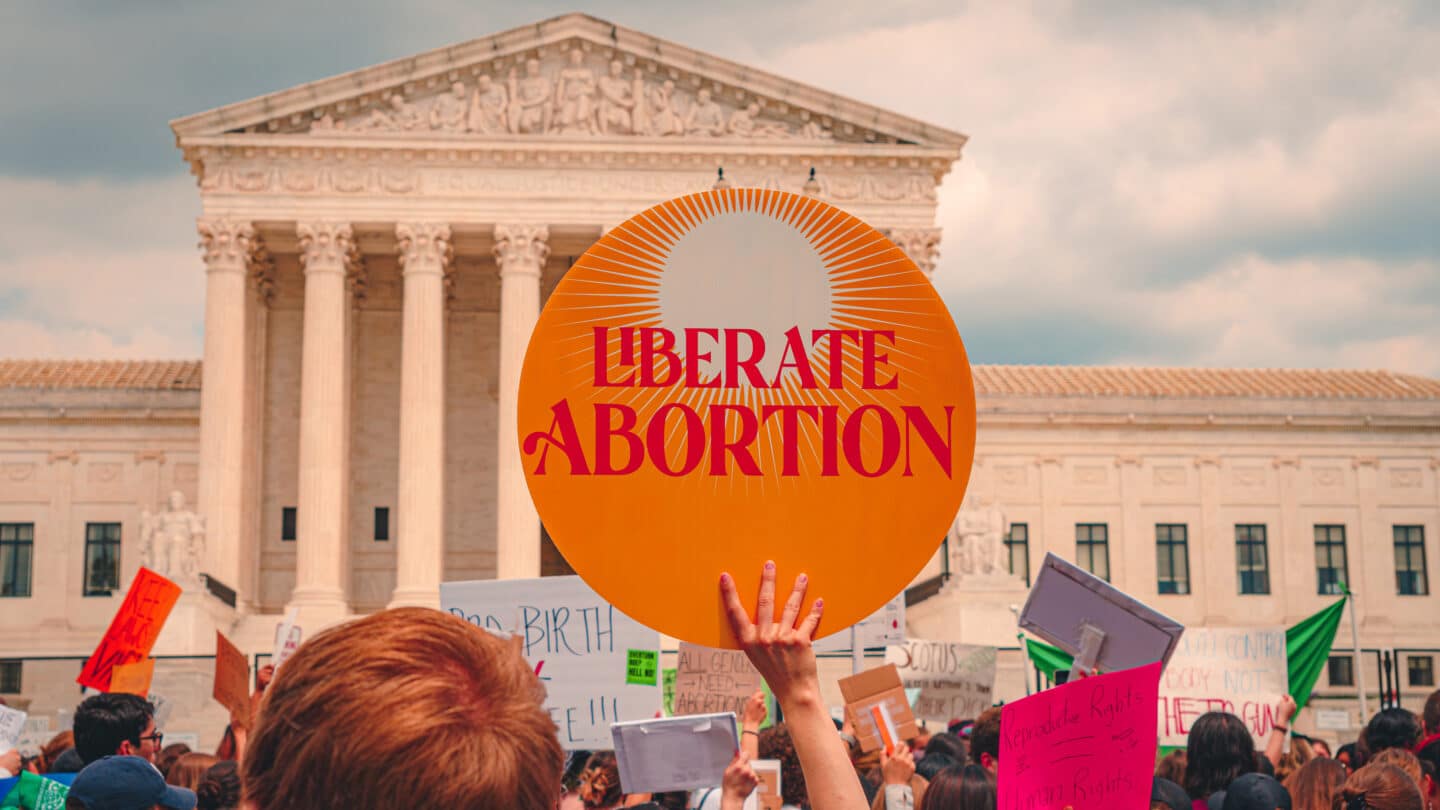Photo: The parliament of northern Macedonia, Wikimedia Commons
On 18 August, the parliament of northern Macedonia began a 10-day debate on a constitutional amendment which would pave the way for EU accession. The required two-thirds majority of MPs has not yet been achieved. Instead, the main opposition party has called for new elections and the resignation of several ministers. This puts the government, led by the social democratic SDSM party, under severe pressure, especially as new elections are likely to result in a right-wing government. Moreover, the country's EU accession negotiations are likely to be halted if the bill is not passed. This article answers four key questions about the current tensions in northern Macedonia.
Why are constitutional amendments needed for North Macedonia's EU accession?
North Macedonia's path to EU accession has long been complicated by Bulgarian efforts, due to historical disputes over ethnic and linguistic issues between the two countries: Bulgaria claims that the language and identity of northern Macedonia are of Bulgarian origin, which Macedonians consider offensive. There are also disputes over the Bulgarian minority in northern Macedonia and vice versa. Earlier, before the EU started accession talks with northern Macedonia in July, Bulgaria had blocked these talks until northern Macedonia accepted the "French Proposal", which meant that the Bulgarian minority would be recognised in the Macedonian constitution and their rights constitutionally protected.
Now Bulgaria is demanding that Bulgarians be named in the constitution as one of the founding peoples of northern Macedonia, otherwise talks on EU accession will be blocked by a Bulgarian veto. This constitutional amendment requires a two-thirds majority in parliament. This means that 80 out of 120 MPs must be in favour of including Bulgarians as the founding peoples of northern Macedonia. However, it looks like this majority will not be achieved because of the controversy the constitutional amendments have generated.
What makes the constitutional amendments controversial?
Giving in to Bulgaria's demands has repeatedly sparked controversy in northern Macedonia. In July 2022, the acceptance of the "French Propsal" led to daily protests. These were organised by the eurosceptic and right-wing opposition party VMRO-DPMNE and condemned the so-called "Bulgarianisation" of Macedonian society as a condition for EU accession. Now the opposition party strongly opposes the recently proposed constitutional amendment to add Bulgaria to the founding peoples of northern Macedonia.
The reason why the constitutional amendments are received with such discontent is the recent wave of right-wing, nationalist and anti-Bulgarian sentiments in northern Macedonia following the "French Proposal". The threat the constitutional amendments would pose to northern Macedonia's national interests seems to stem mainly from Russian-fuelled myths rather than realistic expectations. Indeed, Russia has been trying to strategically provoke tensions between Sofia and Skopje, and in doing so, it has created an important role played in fuelling anti-Bulgarian hysteria and protests in northern Macedonia. Moreover, the claimed That VMRO-DPMNE is working with the Kremlin for influence in Macedonia's domestic politics, with the aim of preventing the country from joining the EU.
What was the run-up to the debate like?
Given the high urgency of the constitutional amendments on the one hand and the fierce opposition on the other, the debate on the constitutional amendments was preceded by many attempts to get VMRO-DPMNE to vote in favour. The right-wing party had drawn up many criteria for this purpose. It announced that it would vote in favour only if the leftist, pro-European and ethnic Albanian DUI party left the government, whatever happened. However, the resignations of DUI ministers will only become effective if VMRO-DPMNE votes in favour of the amendments, while VMRO-DPMNE demands that the resignations be irrevocable. The party further demands that early parliamentary elections be held this autumn. The party said that it halted all meetings with the government except those on early elections. In addition, the VMRO-DPMNE added a new criterion to vote for the constitutional amendments: that the SDSM ministers also resign. The party has also terms posed to actors outside the Macedonian government. It called on the EU to "unequivocally affirm Macedonian identity, culture, tradition and language" and Bulgaria to recognise a Macedonian minority in the country. In other words, it is clear that VMRO-DPMNE never intended to vote for the constitutional amendments, continuing to impose new conditions, knowing that some would not be met.
What will happen after the debate?
Since VMRO-DPMNE, as might be expected, believes that their criteria have not been met, they are still not in favour of the constitutional amendments. So far during the debates, it has thus become clear that there is a shortfall, namely of 7 MPs, for a two-thirds majority. If this remains the case, it means that the VMRO-DPMNE has successfully managed to block the constitutional amendments and Bulgaria will maintain its veto on EU accession negotiations.
With this in mind, the government could decide to postpone the vote until November, which is closer to the scheduled continuation of EU accession talks and would therefore put more pressure on the opposition to stop obstructing the process. However, the government might also feel compelled to agree to VMRO-DPMNE's demands for early elections.
Regardless of when Macedonians will go to the polls, either next autumn in early elections or next spring when elections are officially scheduled, the rise in nationalist sentiment is likely to see the social democratic SDSM party suffer an electoral defeat and the VMRO-DPMNE party come to power. These results, also predicted by opinion polls, raise concerns about the future of northern Macedonia on its path to EU accession. With the eurosceptic VMRO-DPMNE party with its ties to Russia in government, the country is unlikely to implement the reforms required for EU accession. Therefore, the VMRO-DPMNE party does not bode well for the country's future.





